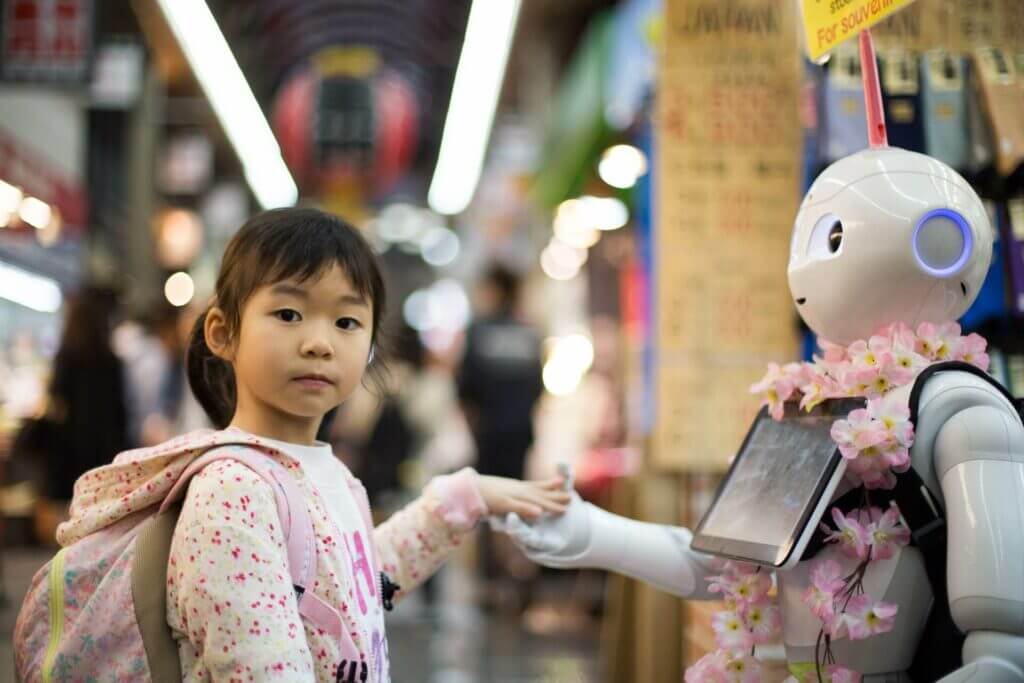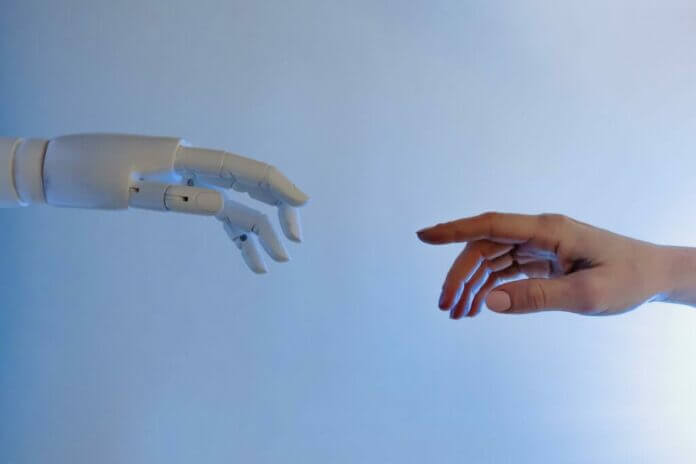Artificial Intelligence (AI) has been a topic of great interest and debate for many years. On one hand, AI has the potential to revolutionize many industries and improve our lives in countless ways. On the other hand, there are concerns about the negative consequences of AI, such as job displacement and the potential for AI to be used for nefarious purposes.
The Good
One of the most obvious benefits of AI is its ability to automate repetitive and tedious tasks, freeing up humans to focus on more creative and meaningful work. For example, AI can be used to automate customer service interactions, freeing up human representatives to focus on more complex and nuanced issues. In the medical field, AI can be used to analyze large amounts of data and help doctors make more accurate diagnoses.
Another major benefit of AI is its ability to process and analyze large amounts of data at a much faster rate than humans. This can help businesses make more informed decisions and improve their operations. Additionally, AI can be used to develop new products and services, such as personalized recommendations for online shoppers.
The Bad
Despite the many potential benefits of AI, there are also concerns about its negative consequences. One of the most significant concerns is the potential for job displacement. As AI becomes more advanced and capable of performing tasks that were once the exclusive domain of humans, there is a risk that many jobs will become obsolete. This could lead to widespread unemployment and economic dislocation.
Another concern is the potential for AI to be used for nefarious purposes. As AI becomes more advanced, it could be used to develop autonomous weapons or to target ads and propaganda to specific groups of people. Additionally, there is a risk that AI could be used to conduct cyber attacks or to steal personal information.
Conclusion
Overall, the potential benefits of AI are numerous and exciting. However, it is important to consider the potential negative consequences of AI and to take steps to mitigate them. This may include investing in retraining programs for workers whose jobs may become obsolete, as well as developing regulations and standards to ensure that AI is used responsibly and ethically. By taking a balanced approach and considering both the good and the bad, we can harness the power of AI to improve our lives and build a better future for all.




